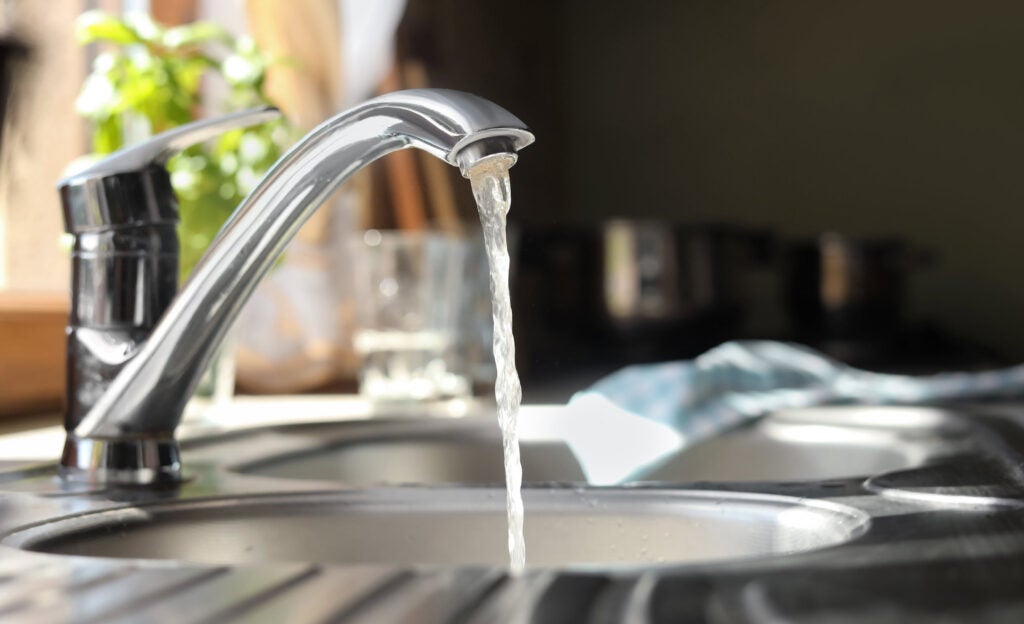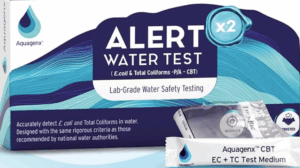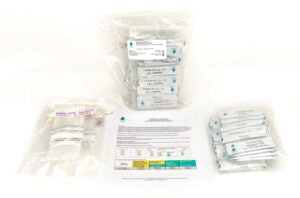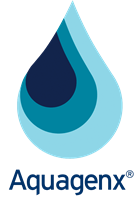How Often Should You Test Well Water?
 Why should well owners test their own well water? There is a big reason, which is the U.S EPA’s rules that protect public drinking water systems (PWS) do not apply to privately owned wells. Federal, state and county government agencies do not regulate, monitor or treat tap water from private wells. It is the responsibility of private well-owners to make sure their well water is free from potentially harmful bacteria and chemicals.
Why should well owners test their own well water? There is a big reason, which is the U.S EPA’s rules that protect public drinking water systems (PWS) do not apply to privately owned wells. Federal, state and county government agencies do not regulate, monitor or treat tap water from private wells. It is the responsibility of private well-owners to make sure their well water is free from potentially harmful bacteria and chemicals.
The UNC Gillings School of Global Public Health has a very good webpage, All About Well Water Testing. It provides the following
guidance on testing frequency:
Every Year – Test for Total Coliforms and E. coli (fecal bacteria)
If a pregnant woman or infant is drinking from the well, annual testing for manganese, nitrates, and nitrites is also recommended.
Additionally, yearly testing for inorganic metals may be needed if:
- Other wells in your neighborhood are contaminated
- You notice a change in how your water tastes, looks, or smells
- There is a toxic spill near your home
- People in the home have unexplained illnesses
- There were recent repairs or replacements to the well
- If your well has no records of previous testing
Every Two Years – Test for inorganic metals (such as lead and arsenic), nitrates, and nitrites
Every Five Years – Test for pesticides and volatile organic compounds (VOCs), which are industrial chemicals used in manufacturing
We would add to the above recommendations to test for bacteria more than once per year if your well and groundwater are exposed to vulnerabilities, such as:
- You experienced serious flooding, heavy rainfall or other natural disasters that could introduce sewage and septage into your groundwater
- You live in area close to farming or livestock operations with animal fecal waste (manure) that can enter groundwater
- Your septic system is broken or requires maintenance
- Changes in nearby land use, including residential and industrial construction, changes in agricultural or livestock operations, or waste disposal sites or landfills
How to Test Your Well Water
Now that you know how frequently to test your well, the next thing to decide is how to test your well water. Well owners have two options for testing:
- Buy home well water tests online or in stores
- Send well water samples to state-certified laboratories
We encourage you to read our blog post Do Well Owners Have to Send Water Samples to Certified Labs? It explains each option in detail.
In the meantime, here is a summary of home water testing vs. certified lab testing for Total Coliforms and E. coli bacteria.
Pluses of Home Water Quality Tests
- Easy to use
- No need to send samples to a laboratory
- Generally inexpensive, less expensive than state-certified lab samples
- Enable well owners to test their water more frequently and monitor well water for potential red flags, especially after flooding and other natural disasters
- Test results in 24-48 hours
- See Aquagenx Home Well Water Test (100mL sample, E. coli & Total Coliform bacteria)
Minuses of Home Water Quality Tests
- Hundreds of products on the market, difficult to choose
- Most of them do not analyze 100mL sample volume as required by EPA
- Most are unable to specifically detect E. coli, the greatest bacterial risk to health
- Quality of tests varies widely and not all test results are reliable
Pluses of State-Certified Lab Testing
- Reliable testing procedures and results
- Test according to EPA regulations for drinking water quality testing
- Testing methods are validated by the EPA
Minuses of State-Certified Lab Testing
- Cost per sample can be expensive
- Time to receive results is longer than home tests
- Logistical requirements to deliver or send well water samples to county health department or laboratory
Key Terms
Total Coliforms: bacteria commonly found in the environment
Fecal Coliforms: sub-group of Coliform bacteria present in intestinal tract and feces of warm-blooded animals and human
E.coli: fecal bacteria found in intestines and feces of humans and warm blooded animals
Septic System: underground network of pipes that handles the waste from your home’s sinks, toilets and drains if not connected to a municipal sewer line
Sewage: liquid and solid waste (poop) carried in sewers
Septage: excrement (poop) and other waste material contained in or removed from a septic tank
Pesticide: substance or mixture of substances for preventing, destroying, repelling, or mitigating any pest, or is a plant regulator, defoliant, or desiccant
Volatile organic compounds (VOCS): human-made chemicals used and produced in the manufacture of paints, pharmaceuticals, and refrigerants. Often components of petroleum fuels, hydraulic fluids, paint thinners, and dry-cleaning agents. VOCs are common groundwater contaminants.
Aquagenx Well Water Test Kits
Buy on Amazon & Walmart
Buy kits that contain 2, 5, or 10 tests

Buy In Bulk from Aquagenx
Buy kits that contain 25, 50 or 100 tests

